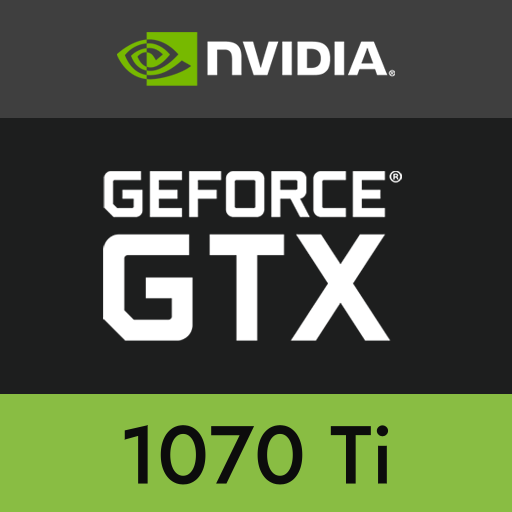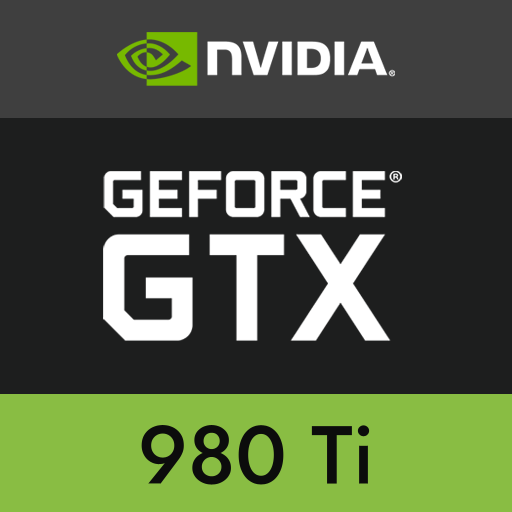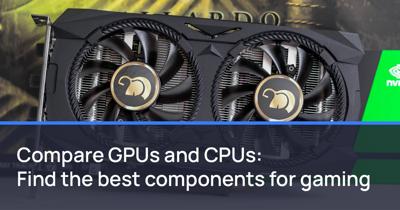GeForce GTX 1070 Ti vs GeForce GTX 980 Ti benchmarks
In our benchmarks, the GeForce GTX 1070 Ti beats the GeForce GTX 980 Ti in gaming performance.
Our database shows that the GeForce GTX 1070 Ti has a significantly higher core clock speed. This is the frequency at which the graphics core is running at. While not necessarily an indicator of overall performance, this metric can be useful when comparing two GPUs based on the same architecture. In addition, the GeForce GTX 1070 Ti also has a significantly higher boost clock speed: the maximum frequency the chip can reach if power delivery and thermals allow.
As stated by the manufacturer, the GeForce GTX 1070 Ti has slightly more memory with 8 GiB of memory compared to 6 GiB. Memory size doesn't directly affect performance, but too little memory will certainly degrade gaming performance.
In addition, the GeForce GTX 1070 Ti has a slightly lower TDP at 180 W when compared to the GeForce GTX 980 Ti at 250 W. TDP (Thermal Design Power) measures total heat output from the chip.
In terms of raw gaming performance in our GPU benchmark, the GeForce GTX 1070 Ti is better than the GeForce GTX 980 Ti.





















No comments yet! Be the first to leave a comment using the form below.